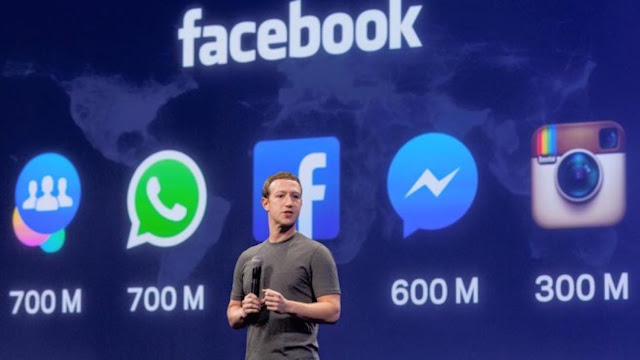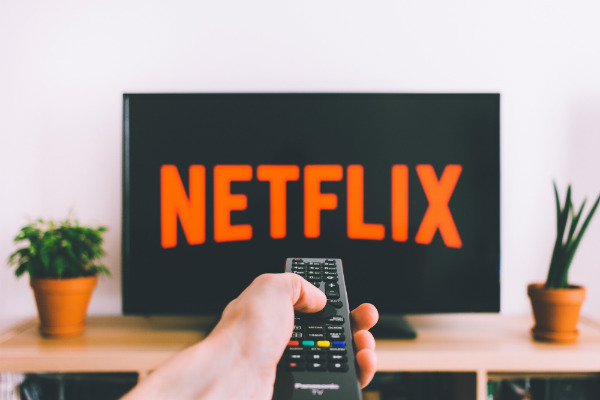 |
| whatsapp messenger instagram to be merged |
The social network plans to integrate the technical infrastructures of the most important chat apps.
What do WhatsApp, Instagram and Facebook Messenger have in common,apart from being apps that you will surely use every day? Well, the three belong to the same owner, Facebook , the company that last year was in the eye of the hurricane for its scandals and that even appeared before the very Congress of the United States . Each one works in an independent way to the other, with its own application, interface and rules, but from next year to next year, that could change. And although the three will surely follow on their own, they will no longer be independent of each other, but vice versa: they will be merged.
Full integration is planned for 2020. Work on the unification of the message system between applications is at an early stage. As priorities, introducing end-to-end encryption for greater user security: according to the developers, Facebook Messenger users will be able to send a message to the WhatsApp user via a secure communication channel. Currently, the transfer of encrypted messages is only available within one service.
WhatsApp, Instagram and Messenger will be merged into Facebook
This plan is being carried out by Facebook CEO Mark Zuckerberg. It is not about mixing the three applications so that they operate as a single app, but each one would continue as it is, operating separately, although at the level of its most basic function they would share the same network in which the structures would be implemented. Messages of the three applications within the Facebook. This would give Zuckerberg greater control over the divisions of his company at a time when he needs to make clear that Facebook is safe, after two years with his reputation in tatters for the Cambridge Analytica scandals, the 2016 US election, etc.
What will happen when this, or if this takes place?
That a Facebook user will be able to send a WhatsApp user who does NOT have Facebook a message privately, and this, from WhatsApp, could answer the Facebook user. That right now is impossible, but with this merger could be carried out, which right now leads us to raise many questions, including the 'why should I receive a Facebook message on my WhatsApp if I just do not have a Facebook account Because I do not want to'. And the same from one app to another.
 |
Crossover of Privacies
Is this the only way that Zuckerberg could 'shield' Facebook and restore confidence in its social network? The CEO must appear to be yes, but it will not be long before the alarm goes off about this crossover of privacies and applications. What it is is again a demonstration of breach of speech , because when Facebook acquired Instagram and WhatsApp, in both cases Zuckerberg promised that these two apps would have full autonomy of the mother company, Facebook. The enormous growth of both apps, converted into social networks, has changed the way of thinking to the head of Facebook, according to one of the NYT sources. Mark had been thinking about this idea for several months and apparently he has started it.
But what about changes in privacy and data?
When you do a WhatsApp, the app only asks for a phone number. When you make a Facebook or Messenger account, then you must give real details of your identity. Whoever wishes to continue using these apps in a compartmentalized way, without joining them and without sharing the same base in terms of messages, photos and videos, will no longer be able to do so. One of the consequences is that now Facebook could have better options for monetization on Instagram and WhatsApp, which takes little profit despite having each having 1,000 million and 1,500 million users per month respectively.
In December of 2017, Brian Acton, co-founder of WhatsApp (which is also owned by Facebook), left the company and immediately joined the #DeleteFacebook viral movement; last March, just before the Cambridge Analytica, Alex Stamos, Chief Security Officer on Facebook, left the company after a dispute with his bosses about how much Facebook should reveal about the misuse of the governments of several countries on the platform and the data of its users; In May, after the Cambridge Analytica scandal, it was Jan Koum, CEO and co-founder of WhatsApp, who decided to leave as well. And in September of 2018, Kevin Systrom and Mike Krieger, co-founders of Instagram, were the last to leave.





